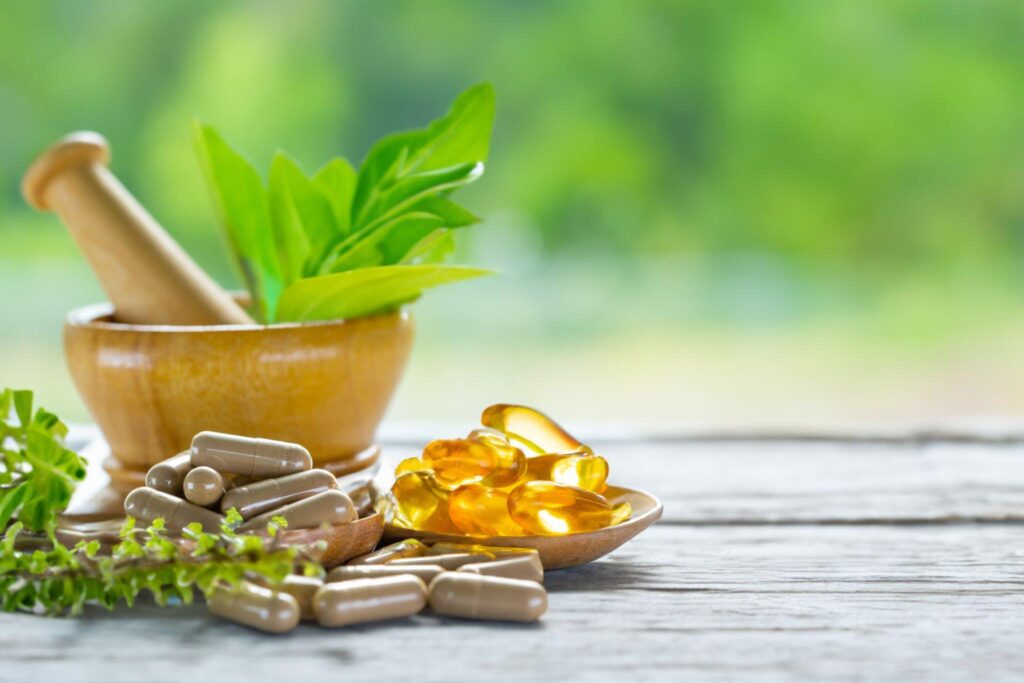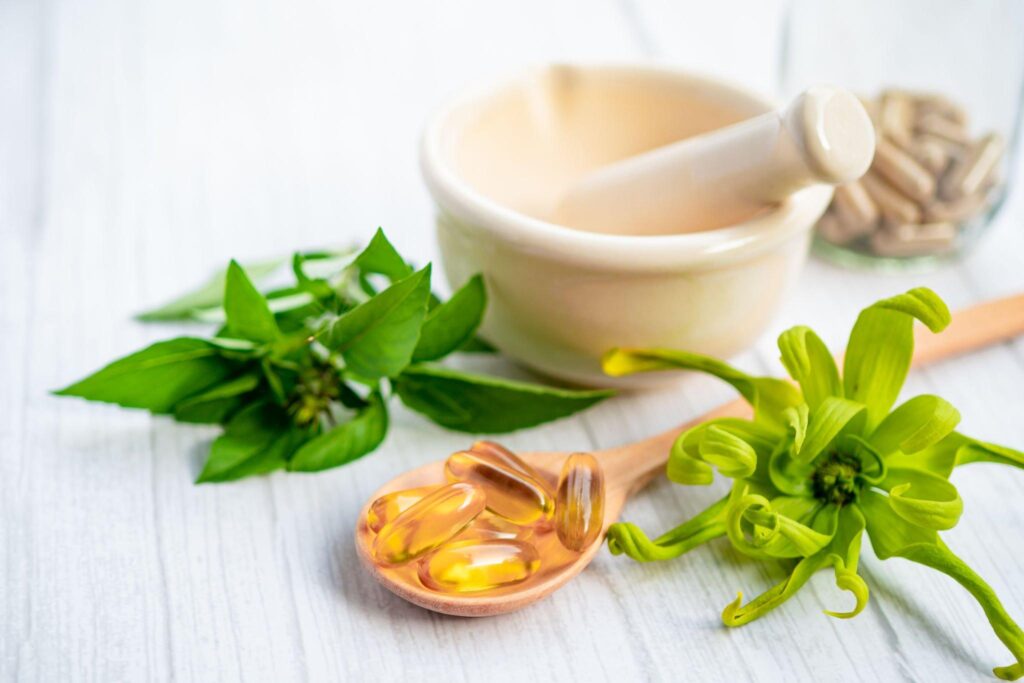MENOPAUSE
Gynae

Menopause
Menopause is a natural biological phase in a woman’s life that typically occurs in her late 40s to early 50s. It signifies the permanent cessation of menstrual periods and the end of a woman’s reproductive years. The process is driven by hormonal changes, particularly a gradual decrease in the production of estrogen and progesterone by the ovaries.Common symptoms of menopause include hot flashes, night sweats, sleep disturbances, mood fluctuations, and vaginal dryness. Management of menopausal symptoms often involves lifestyle adjustments, such as a balanced diet and regular exercise, and may include hormone replacement therapy (HRT) or other medical interventions based on individual needs.
Symptoms of Menopause
- Hot Flashes: Hot flashes are sudden, intense sensations of heat that typically start in the chest and spread to the neck and face. They can lead to flushing, sweating, and a rapid heartbeat.
- Night Sweats: Night sweats are episodes of excessive sweating during sleep, often accompanied by intense heat. They can disrupt sleep and lead to fatigue.
- Irregular Periods: Before menopause, many women experience changes in their menstrual cycle, including irregular periods, changes in flow, or skipped periods. Eventually, menstruation ceases altogether.
- Mood Swings: Hormonal fluctuations during menopause can affect mood and emotions. Some women experience mood swings, irritability, anxiety, or even symptoms of depression.
- Hair and Skin Changes: Changes in hormone levels can affect hair and skin. Hair may become thinner, and the skin may become drier and less elastic.
- Weight Gain: Many women may notice changes in body composition and weight distribution during menopause. It can become more challenging to maintain or lose weight.
Menopause Ayurvedic Treatment
- Balancing Vata and Pitta Dosha: Ayurvedic treatment focuses on restoring balance to the Vata and Pitta doshas, which can become imbalanced during menopause. This helps alleviate symptoms and promotes overall well-being.
- Enhancing Digestive Fire (Agni): A key aspect of Ayurvedic menopause management is improving digestive function. This can be achieved through dietary adjustments and the use of digestive herbs and spices to support efficient nutrient absorption.
- Detoxification: Ayurveda emphasizes the removal of toxins from the body. This can be accomplished through dietary choices, herbal remedies, and cleansing practices that help the body eliminate accumulated waste.
- Rich Diet and Exercise: A balanced and nourishing diet is essential. Ayurveda suggests incorporating nutrient-dense foods and staying physically active. Activities like jogging, walking, swimming, and cycling are not only beneficial for physical health but also contribute to emotional well-being.
- Liquorice for Hormonal Balance: Liquorice is a natural source of compounds that can help balance hormones. It is often recommended twice a day, preferably with milk, to support hormonal equilibrium during menopause.


